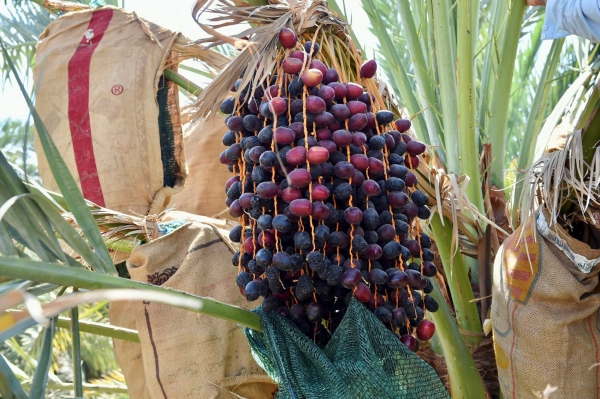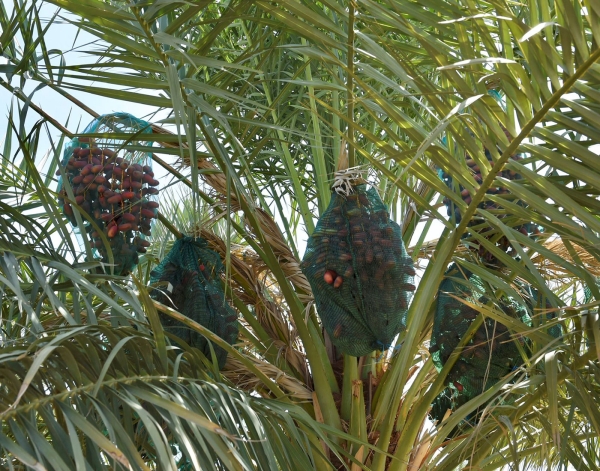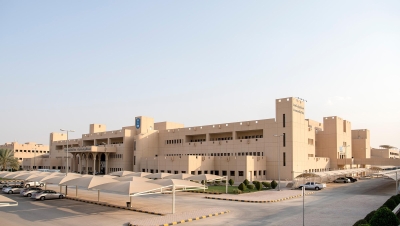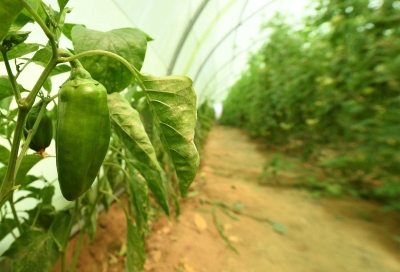

Ajwa Dates are a variety of dates cultivated in al-Madinah al-Munawwarah Province, west of the Kingdom of Saudi Arabia. They are mentioned in the hadiths of Prophet Muhammad, peace be upon him (PBUH), as a blessed fruit with healing properties. These dates are classified as monosaccharide dates, containing glucose and fructose, and are known for their high nutritional value.
Stages of Ajwa date ripening
Ajwa dates transition to al-Khalal (al-Bisr/unripe) stage in the second half of June, then ripen and reach al-Tamer (ripe date) stage by August. The dates are round with winding lines, a dark color leaning towards black, and a taste distinguishing them from other date varieties. Ajwa dates are also locally known by two types: the first is Ajwat Abi Dhira'a, which is large, and the second is al-Madradimah, which is the smaller fruit.
Properties of Ajwa dates
Ajwa dates possess medicinal properties, such as being anti-inflammatory, inhibiting cancer cells, detoxifying, and protecting cells. They also combat microorganisms. The nutritional content of Ajwa dates includes starch, calcium, magnesium, and vitamins. In the Prophetic Sunnah, a hadith from Prophet Muhammad (PBUH) states: 'Whoever eats seven Ajwa dates from al-Madinah in the morning will not be harmed by magic or poison.'
Seasons of Ajwa dates
The demand for Ajwa dates increases during religious seasons such as Ramadan and Hajj. Visitors to the Prophet's Mosque often buy them as gifts. Al-Madinah al-Munawwarah Province is home to approximately 4.5 million date palms, producing seventy varieties of dates, including eight hundred thousand Ajwa date palm trees.
Related quizzes


